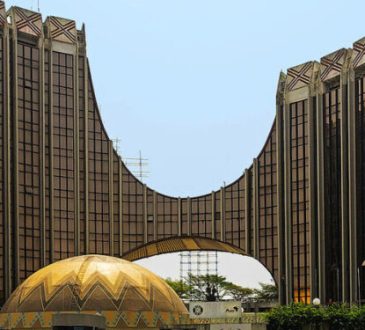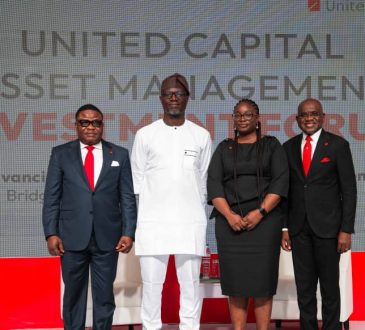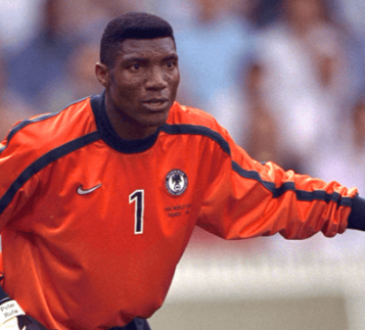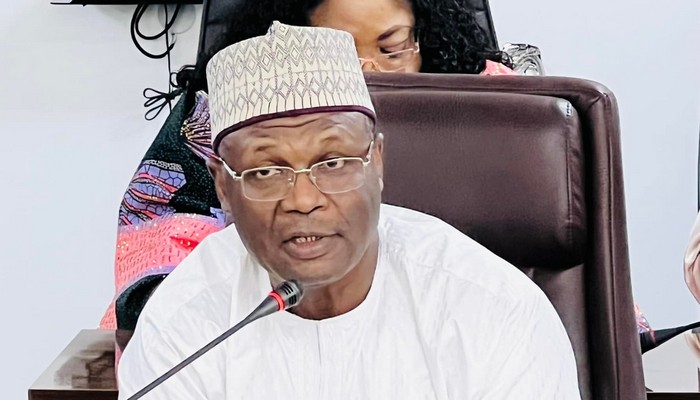
The International Monetary Fund (IMF) has said that the activities surrounding the #ENDSARS protest may mar the already documented Nigeria’s growth projection.
The organisation said it had already finished collecting its data but the projection will depend largely on how the protest evolves.
The Fund’s Director, African Department, Mr. Abebe Selassie, said this while responding to questions during the virtual IMF press conference on the regional economic outlook for Sub-Saharan Africa on Thursday.
“On the growth projections in Nigeria, I mean, these protests happened of course, after we had closed, after the period where the data we looked at in making the growth projections for this economic outlook. And much will depend really on how these protests evolve.
“Lagos of course is a very important economic hub and contributes quite a bit of economic activity to overall Nigeria activities. So, if these persist and are showing significant effects on economic data, we will internalize them in due course,” he said.
He also said the economic condition of Nigeria for the past four years has been poor due to the decline in oil prices.
“It has been a lot of pressure on standards of living, so there has been this dislocation and you know, as always when you have these kinds of economic difficulties, you know, social protests are not uncommon.
“I think this is exactly why we have been on the record in Nigeria about how really critical it is to get all of the policy-induced barriers out of the way to facilitate stronger economic growth.
“For the government to do more to raise revenues through the area of non-oil resources to be able to invest in health education which would, you know, allow people to be more successful at getting jobs but also improve the economy’s potential.
“So, I think that the development agenda that Nigeria has, I think, has to be tackled with gusto and vigor so that the millions of jobs that the country needs can be created. And I think that agenda remains very, very, very pressing,” he said.
Selassie, who referred to the protest as “difficult”, said the fund is concerned and hopes for a satisfactory resolution in Nigeria.
After weeks of refusing to comment on the protest, yesterday President Muhammadu Buhari finally addressed the nation.
His speech was, however, faulted by many Nigerians as the president refused to condemn attacks on unarmed protesters by security operatives, especially the one that happened on October 20 at the Lekki toll gate.






